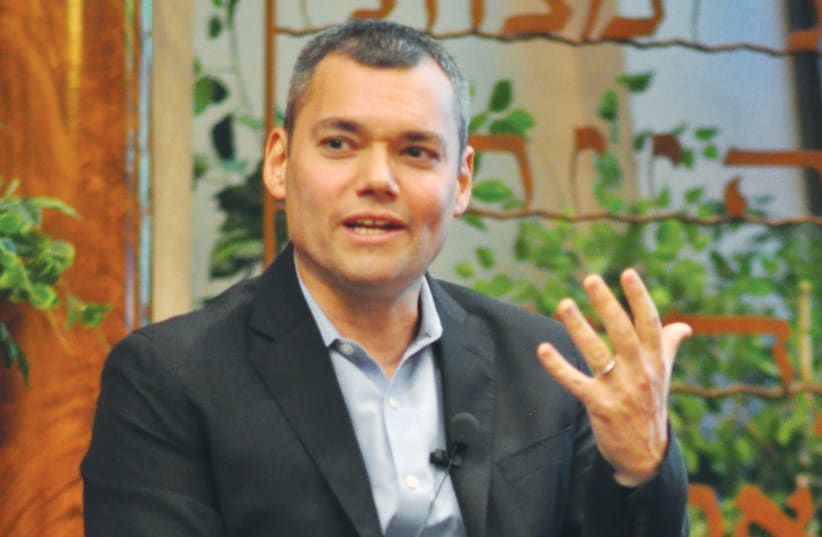Beinart’s argument, an old one at that, has many detractors. Dan Shapiro, Former US ambassador to Israel under president Barack Obama, wrote, ”Calling for one state for Israelis and Palestinians is neither original, nor a remotely viable solution to this long-running conflict,” He continues, ”It’s a disaster in the making for Israelis, the Jewish people, Palestinians, and US interests.”
What concerns me about Beinart’s article is that it echoes sentiments of a growing number of young Jewish progressives who no longer see Israel as the underdog and exemplar of an egalitarian society. The days when Israel was thought of in the romantic terms of the kibbutz, or of making the desert bloom, have withered and in its place has arisen a critical post-Zionist and even anti-Zionism ethos informed by misplaced notions of social justice.
As a Jewish historian and educator, Beinart’s argument and the progressive cultural tsunami upon which it rides, touches a raw nerve. It is painfully undeniable that Israel is no longer the principal focus for many young Jews. Frustration, engendered by a conflict that never ends, has even led many into the pernicious reaction of self-blame. Young Jews increasingly suffer from a withering of Zionist motivation and depletion of Jewish spirit. Most can scarily articulate how Israel has transformed the very nature of being a Jew because most have little to no understanding of the Jewish condition prior to statehood.
And here lies the solution. Knowledge of Jewish history helps to situate the Jewish experience for a generation who sees no vestiges of Jewish pre-statehood reality. For an increasingly critical generation, the most persuasive argument for Jewish sovereignty in the ancestral homeland of the Jewish people is Jewish history. Knowledge of Jewish history is the only way to fully appreciate how Israel has so profoundly transformed the Jewish condition. Restoring a Zionist zeal and safeguarding Israel on an increasingly hostile intellectual battlefield, can happen only when the study of Jewish history is made a national priority. Thoughtful and skillfully delivered pedagogy will provide the intellectual arsenal that Jews will need in order to effectively explain and defend Israel’s raison d’être to the world.
What the Jewish world needs to understand, and to understand urgently, is that the greatest existential threat facing Israel may not be just Iran but a lack of Zionist conviction as to why Israel exists and must continue to exist as a Jewish state. Israel’s declining cachet among young Jews needs urgent attention. The most effective way to reclaim our sense of purpose is to make Jewish education, both in and outside of Israel, a matter of national security for whatever happens to Israel, happens to all Jews
The writer is the head of the Jewish history department at the Anne & Max Tanenbaum Community Hebrew Academy of Toronto.
